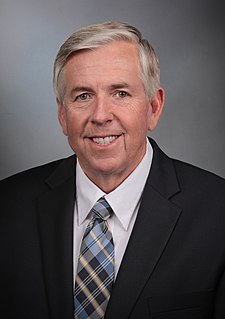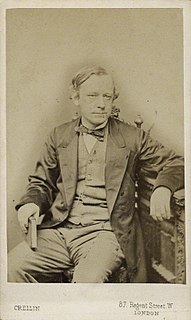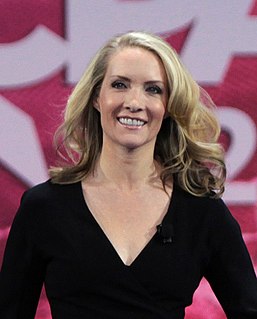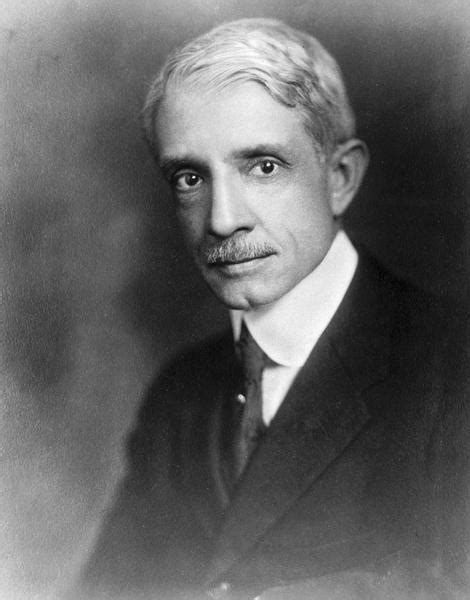A Quote by Antony Beevor
At a purely practical level, history is important because it provides the basic skills needed for students to go further in sociology, politics, international relations and economics. History is also an ideal discipline for almost all careers in the law, the civil service and the private sector.
Related Quotes
Imagine it's 1981. You're an artist, in love with art, smitten with art history. You're also a woman, with almost no mentors to look to; art history just isn't that into you. Any woman approaching art history in the early eighties was attempting to enter an almost foreign country, a restricted and exclusionary domain that spoke a private language.







































